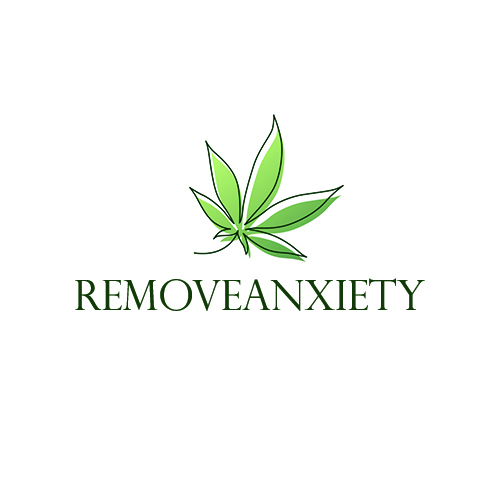Herbal alternatives for removing anxieties
There are natural remedies without any danger to your health that can really help you fight against anxiety. These remedies are varied. It can be exercises to calm your body and soothe your mind, dietary supplements or simple infusions of medicinal plants with beneficial properties. Some of these remedies act immediately on anxiety in the short term. Others decrease your anxiety state in the long run. Without further ado, here are the 19 natural remedies to fight against anxiety:
Chamomile and green tea
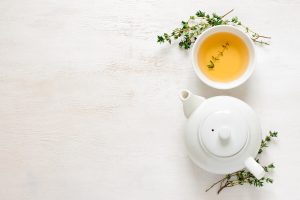
Chamomile infusions have the same effect on the brain as valium, blocking certain receptors. If you feel anxiousness, prepare a cup of chamomile or take a few drops of its essential oil. Soothing effect guaranteed. The same goes for green tea, which has the ability to slow down the heart rate and lower blood pressure.
Physical Exercise

Nothing more fun than a good workout when you’re on the nerves. Physical activity has an anti-depressant and anti-anxiety effect that boosts your morale and fights against the dark thoughts that go around in your head. By exercising regularly you will also increase your self-esteem and well-being. Which will give you a reason for less stress.
Lavender
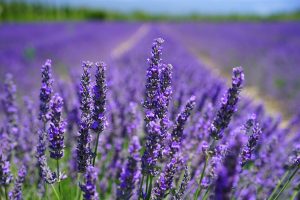
Various studies, cited by the American site Health, have demonstrated the relaxing effect of lavender. This powerful “emotional anti-inflammatory” is used in waiting rooms or offered to students before an exam to reduce their level of anxiety. But be careful not to abuse, lavender extract is very powerful and an overdose can fog your mind, reminds the site.
Breathing
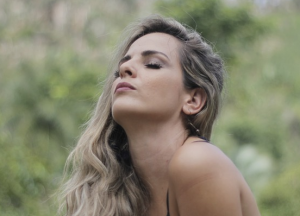
Some breathing exercises can calm you down very quickly. Empty your lungs completely in a slow exhalation, then inhale counting to four, hold your breath counting to seven and exhale again, counting to eight. This technique is effective because you could not breathe deeply and be anxious at the same time.
Temperature
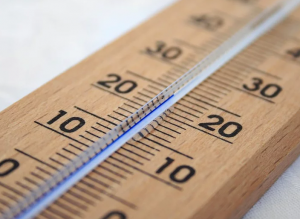
You will certainly have noticed: the cold tends to accentuate your muscular tensions. To reduce anxiety, choose a warm environment to relax your body. A sauna, a hot bath, a tea … all means are good to raise the temperature by a few degrees and increase your well-being.
Meditation

More and more studies have looked at the antidepressant effect of meditation. Its soothing properties are particularly useful for anxious people. By devoting a few minutes a day to a simple awareness of the present moment, you leave less room for daily anxieties.
Kava
Kava is a plant traditionally used for its soothing and healing virtues. This plant has been banned for sale in mainland France since 2002, following a hasty decision by the French Agency for Health Safety of Health Products. However, kava remains freely sold in many countries including the United States.
There is ample scientific evidence of the effectiveness of kava on the symptoms of anxiety. Analysis of the results of 12 clinical trials shows that kava reduces anxiety scores (Hamilton scale of anxiety) even though the difference between treatment and placebo is only 3.9 points. These results are found when patients take a kava extract rather than the total plant
Valerian
Valerian is very effective in sleep disorders related to anxiety. But its action is not immediate: a single dose has no effect and it is only after two to four weeks of use that its benefits are felt.
Passionflower
The use of passionflower to calm anxiety manifestations such as sleep disorders and palpitations is based on tradition. Passiflora is offered as an infusion of leaves or dried powder of leaves and flowers; it is often associated with hawthorn, which also has sedative properties. Mechanisms of action are poorly known.
Hops
The inflorescences of the hops contain a very perfumed essential oil and oxygenated compounds which are at the origin of the sedative effects of this plant.
Melissa
Melissa leaf extracts have shown sedative (calming) activity in animal studies. But the substances responsible for these effects have not been formally identified.
Are there risks to relieve mild anxiety with plants?
Because of their sedative effect, the plants used to reduce the effects of mild anxiety can cause a decrease in alertness during the day and be dangerous for people driving a vehicle or a machine tool.
The use of lemon balm and valerian requires special precautions. They can interact with many drugs and increase the effects of other plants. Similarly, it is better to avoid consuming alcoholic beverages.
Because of their tannin content, lemon balm and valerian should not be taken with drugs or food supplements to provide iron. In addition, valerian should not be used in people with liver disorders.
In the absence of improvement after four weeks of treatment, it is better to contact your doctor to consider another type of treatment.
Curing anxiety is not a one-day job, but it’s entirely possible, even without using drugs. Natural remedies to fight against anxiety disorders are numerous and accessible.
Whether through sport, herbal medicine or diet, you can reduce your anxiety, fight against fatigue, stress, optimize your brain function, increase your physical performance and production of energy, to regain sleep and nervous balance.
Other methods can effectively ward off anxiety, such as CBD vape oil, in factThe first recorded use of cannabis to relieve anxiety occurred around the year 1500 in India. From this period, experts and health professionals are studying the effects of cannabinoids as a potential treatment for a wide range of brain diseases and emotional problems such as depression, post-traumatic stress, stress related to work, chronic pain, Alzheimer’s disease. disease, and many more.
Many anxiety sufferers use hemp oil, cbd oil and other similar supplements to sleep better and cope with the constant flow of uneasy thoughts associated with this emotional problem.
